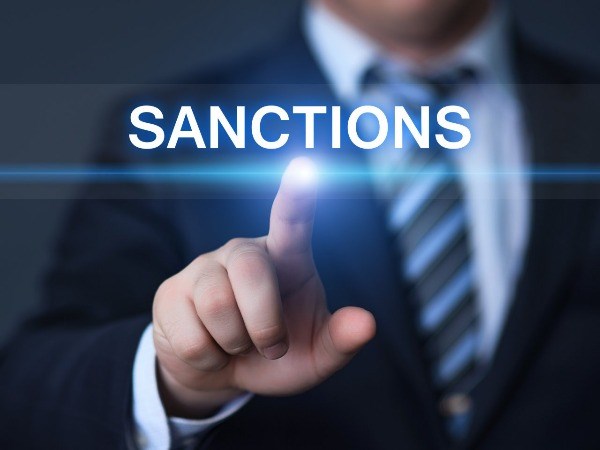EU prepares to impose 'chemical' sanctions on Russia
At today’s session in Luxembourg, the Council of the European Union intends to ratify a new sanction regime against the physical and legal entities responsible for the use and proliferation of chemical weapons. The new sanctions were proposed by the UK and France following the incidents in Syria and in Salisbury which Russia is held responsible for.
The drafting of the new restrictions began at an EU summit at the end of July which was held directly after an extraordinary session of the Organization for Prohibition of Chemical Weapons (OPCW). At the session, the member states gave the OPCW the right to identify the parties responsible for the chemical attacks. The new mechanism makes it possible to impose sanctions on entities who were involved in the development and use of the chemical weapons, regardless of which country they are from, a source in the EU legislative bodies told RIA Novosti.
The heads of the intelligence agencies and politicians of the countries the EU believes responsible will be banned from entering the EU and have their accounts frozen, The Telegraph clarifies.
At the session, British Foreign Minister Jeremy Hunt is also expected to raise the issue of imposing sanctions for the cyberattacks which London believes Russia’s GRU is behind. The initiative is supported by the Netherlands, France, Poland, Romania, Slovakia, Latvia and Lithuania.
The EU has already imposed a range of sanctions on Russia. In March 2014 at a special EU summit, the EU decided to work on “measures to put pressure on Russia” in connection with its actions in Crimea and the deterioration of the situation in eastern Ukraine, and published the first sanction list with 21 names. The list now contains more than 150 names.
The entities placed under the restrictions are Russian government officials and presidential administration staff, members of both houses of Russia’s federal parliament, officials in the military and law enforcement structures, as well as other Russian politicians and businessmen. All of them are banned from entering the EU, and any assets belonging to them in European banks are frozen upon discovery.
The sanctions on a number of sectors of the Russian economy were imposed in two stages – between July 1 and August 1, 2014. It is prohibited to export arms from Russia, or to supply Russia with arms, dual-use goods, or innovative technologies for the oil industry. The sanctions apply to 20 Russian companies.
In addition, “Crimean sanctions” have been imposed. In July 2014, the EU imposed sanctions on the import of Crimean goods which do not have a Ukrainian license, and on supplying goods and technologies to Crimean companies in the transport, telecommunications and energy sectors (including the mining and processing of mineral resources). Five months later, bans were placed on investments and trade, the purchasing of property, the construction of infrastructure and the rendering of tourist services, as well as restrictions on the export of goods and technologies for the energy, transport or telecommunications sectors, intelligence, and the mining of hydrocarbons and minerals.
The EU also prohibits the issuance of entry visas to the holders of Russian passports acquired in Crimea. European cruise ships are not permitted to enter Crimean ports, neither are airplanes permitted to land at the peninsula’s airports.
